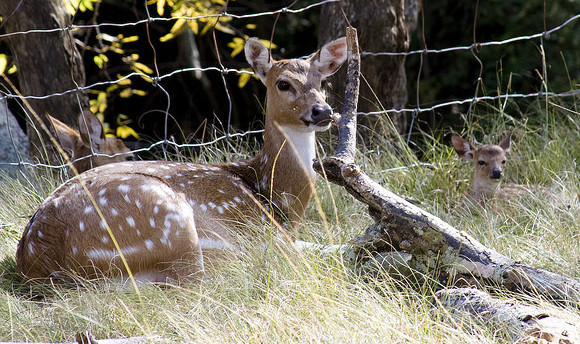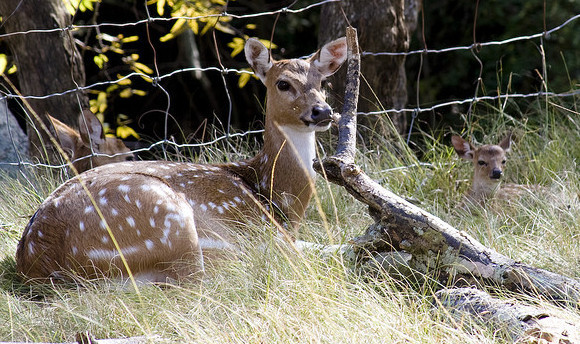
(credit: .imelda / Flickr)
One of the more disturbing aspects of the SARS-CoV-2 coronavirus is its ability to readily hop between a variety of species, ranging from domesticated animals like cats and mink to wild deer. This creates a potential risk. While spreading in other animals, the virus can pick up mutations that make it look unfamiliar to the human immune system or evolve to cause a different collection of symptoms.
These risks, however, depend on the virus being able to move back to humans after evolving in a different host. And, so far, the only cases where that’s known to have happened all involve people who have worked on mink farms. But a recent manuscript that is currently awaiting peer review indicates that Canadian health authorities have identified an instance in which a SARS-CoV-2 variant circulating in deer ended up back in a human patient.
Deer season
In response to findings in the US, where SARS-CoV-2 appears to be widespread in both wild and farmed deer populations, Canadian health authorities decided to initiate screening of their own deer population. During the last two months of 2021, which overlapped with deer hunting season, samples were collected from nearly 300 deer killed by hunters; the unfortunate beasts were all screened for the presence of SARS-CoV-2.




